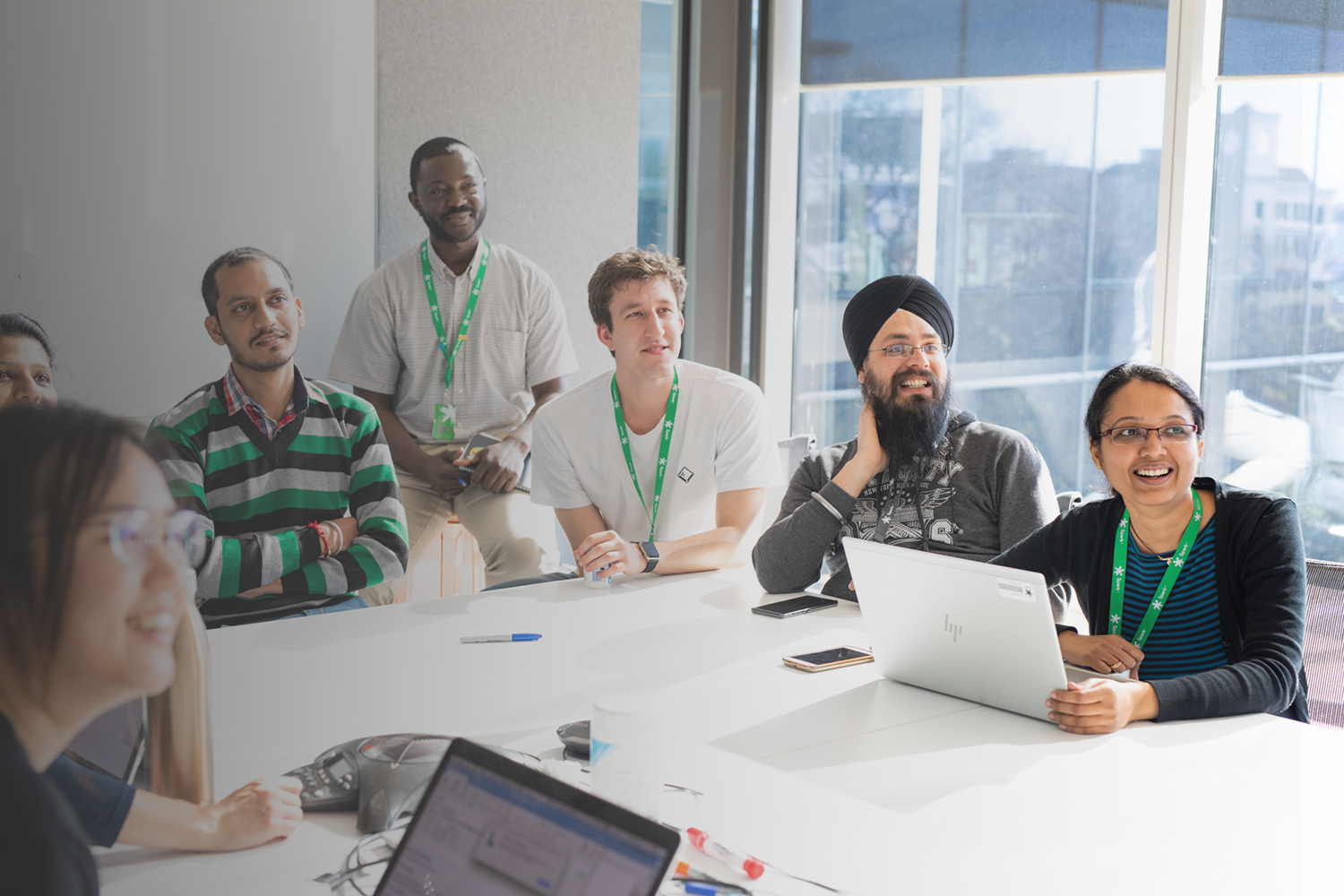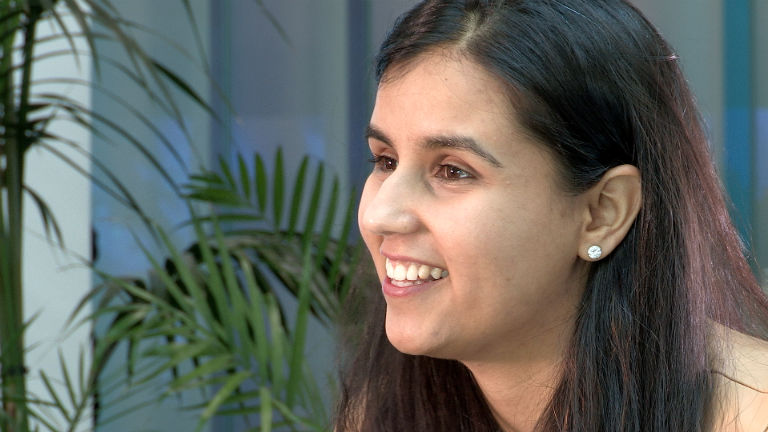Please configure
Featured
The digital language divide and what it means for New Zealand businesses
We think of the internet as a big, limitless source of global information, but research suggests something quite different.
The ideas that we can access online depend entirely on the languages we speak. Even if you speak the internet’s most dominant language - English – you are now only able to access 30%* of content (unless of course, you speak another language as well).
This means we all miss out on many concepts, events and information which might be hugely significant in other languages – and of course, speakers of non-dominant languages are particularly disadvantaged.
While New Zealand’s population is becoming increasingly diverse, we are still very mono-lingual. What does this mean for us as a country – both in terms of what we understand about the world, and how businesses sell Kiwi products to the world or to different cultures within NZ?
Below, Spark’s head of Market Strategy, Neeharika Chowdhary, discusses what this could mean for businesses in New Zealand’s largest and most multi-cultural city, Auckland.
As a company that wants all New Zealanders to have access to the technology that could help them go further and do better, these are questions Spark’s been asking itself for the past ten+ years. As New Zealand continues to change and grow more diverse, how do we keep reaching the new, emerging markets in our backyard?
While we’re not New Zealand’s shining example, the work we have done in this area – things like offering multi-lingual services, developing a bilingual WeChat platform, and continuing to translate our website into more languages – has taught us something significant: that, while technology is bringing us closer to our differences, it’s also providing new ways of overcoming cultural and linguistic barriers.
It’s also confirmed that these are markets no New Zealand business should ignore.
* According to the Guardian
Please configure








